GRIN Captures Robust Patient Data to Accelerate Therapy Development
HNF launches GRIN with four studies that are important as we continue with our therapy development pipeline and to support our biotech, pharma and other stakeholder collaborations.
RESEARCH STUDY SURVEYS:
Natural History Study (NHS)
Why: By participating, you will be helping HNF and its collaborators to identify important trends, comorbidities (presence of another condition that may occur due to primary disease, CMT/IN) within the CMT/IN patient experience that will provide direction for future research and therapeutic development.
How: The NHS Study is designed to document a CMT/IN patient’s experience from diagnosis and throughout their disease. Patients create a profile that captures in-depth information on their disease type, diagnosis, functional challenges, experience with pain, quality of life and other issues associated with CMT/IN.
Respiratory Dysfunction
Why: Respiratory dysfunction has become a recognized and more common symptom of CMT/IN that needs attention. HNF continues to shed light on one of the most devastating symptoms of CMT/IN.
How: With this study, HNF will gather data to inform healthcare providers to better understand, diagnose and develop standard treatment options for patients suffering from respiratory dysfunction. The TRIAD program is targeting a research initiative for this urgent symptom that must be addressed immediately.
Voice Activation Technology (VAT) Research Study
Why: For CMT/IN patients living in pain and dealing with emotional challenges, VAT recognizes more robust and meaningful data to capture the symptom impacts that may be harder to express through traditional survey, especially pain and the impact on behavioral health.
How: With this VAT research survey, HNF has taken the first steps to the development of a modernized instrument for potential use in clinical trials for CMT/IN and other rare and common diseases. By calling into a toll free number provided, this automated system will ask brief questions and allow for opt-in consent.
“By using the patient’s own voice we are able to collect added texture and emotion to responses that forms can simply not deliver.” – Allison Moore, CEO/Founder, HNF
IMPORTANT NOTE:
One of the most common treatment errors for people with CMT/IN respiratory dysfunction is oxygen therapy, which John R. Bach MD, Rutgers, Professor of Neurology; Medical Director, Center for Non-Invasive Mechanical Ventilation likens it to “putting a Band-Aid on a cancer.” Bach says that oxygen should never be used for people with neuromuscular conditions unless pneumonia has resulted in the need for intubation and intensive care. Oxygen turns off the brain’s drive to breathe and greatly increases the likelihood of ventilatory failure, basically allowing the blood’s carbon dioxide to increase to levels that render a person unconscious and cause the person to stop breathing entirely (respiratory arrest). Learn more: www.hnf-cure.org/breathing-and-cmt/
Medical Cannabis
Why: We understand that medical cannabis is being used to treat CMT/HNPP symptoms within the community and is being adopted into mainstream medicine. Whether or not you use cannabis to help provide relief from your CMT/HNPP symptoms, please participate in this survey to help us better understand if and how it plays a part in your treatment regimen.
How: HNF, in partnership with Champlain Valley Dispensary, is conducting this medical cannabis survey for CMT/ HNPP patients to determine if its use is beneficial.
Questions concerning types, amounts, methods of consumption and utilization of cannabis will help inform researchers.
A completed Study profile may also make you eligible to participate in patient studies and clinical trials that could result in treatments for CMT/IN diseases. Your participation in these groundbreaking studies will help us in our mission to find treatments and a cure!



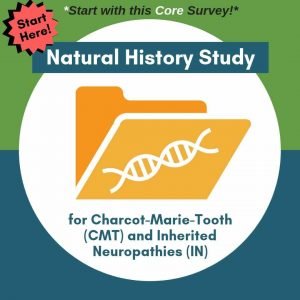
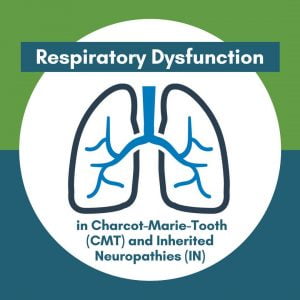
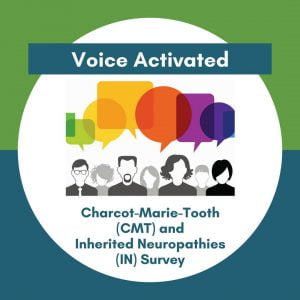
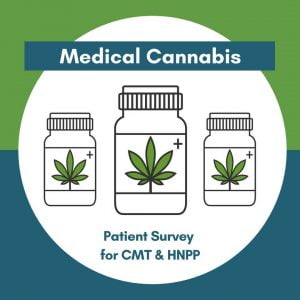




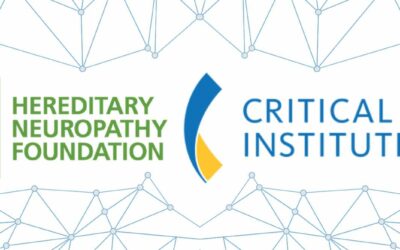
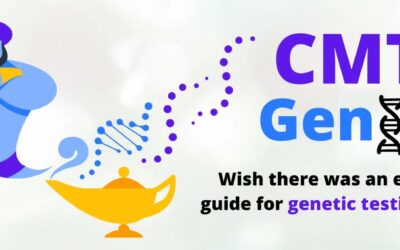
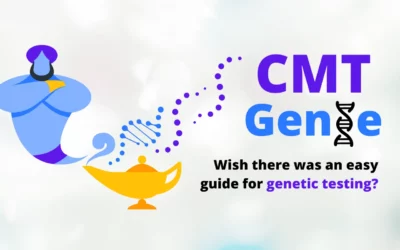

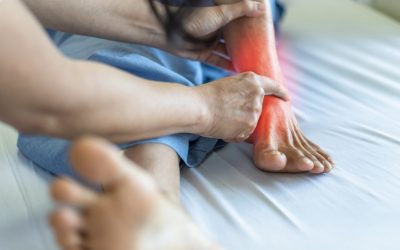
I have Charcot Marie Tooth Disease I was diagnosed in 2013 and by 2014 my Orthopedic Surgeon confirmed I Would be in a wheel chair the rest of my life. Today I am barely walking but I push through the gasping pain and feeling of strangling and pressured lungs. Currently I am under care of Podiatry sucessfully under a Combat Surgeon and undergoing testing with Neurology to find out what level CMT I have doing testing through Athena lavatory.
I want to be part of any trials going on. I have Charcot-Marie-Tooth Disease. I live in Houston, TX